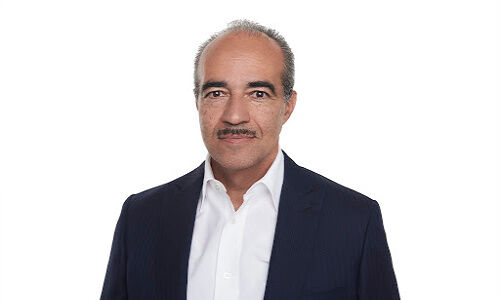Avaloq co-founder Francisco Fernandez clashed with major shareholder Warburg Pincus, leaving the private equity heavyweight hamstrung to see through its investment case. After a failed Silicon Valley bid, the two agree on a $2 billion next step – at least for now.
By last year, a rift between Warburg Pincus – the private equity firm, which commands two board seats at Avaloq – and co-founder Francisco Fernandez had come to a head, several sources familiar with the matter told finews.com.
Fernandez, now company chairman and 28 percent owner, was interested in long-term investments. Warburg Pincus, which holds 45 percent, aimed for a short-term profit fillip that is typical for the private equity industry.
«This was a clash of a visionary co-founder who had trouble putting his plans into reality versus an experienced financial investor working through a fairly rigid three- to five-year investment case,» one person familiar with the relationship said. Advised by Goldman Sachs and Barclays, Avaloq is set to decide in coming weeks what to do about a sale process it hopes will fetch as much as $2 billion, two of the people told finews.com.
Minority For Private Equity
The move marks a setback for its private equity shareholder. The lack of a solid majority holding is a major reason that Warburg Pincus wasn’t able to realize the investment case it had modeled for Avaloq, two of the people said. Neither Avaloq nor Warburg Pincus commented.
The second reason Avaloq’s profitability has lagged rivals, as detailed by finews.com on Monday, is that the Zurich-based company didn’t actually receive any of the 350 million Swiss francs ($367 million) Warburg Pincus invested in 2017.
The U.S. private equity house had bought shares from Fernandez as well as co-founder Ronald Straessler, who both reduced their stakes in the company. This left Avaloq, which also eschewed a capital increase in conjunction with the 2017 opening, to finance its strategic shift out of its existing cash flow. Neither Fernandez nor Straessler responded to requests for comment.
Spending Cash Flow
Warburg Pincus’ entrance onto the scene kickstarted a sharpened strategy to shift into a more piecemeal software service model dubbed SaaS. The push – as well as a high double-digit million cloud-based effort – which will have hindered its profitability in 2017, 2018, and last year. In addition, the banking software firm also paid out a dividend to its shareholders in 2018, one person familiar with the payout said.
Goldman and Barclays were in the process of beginning to formally shop Avaloq to potential buyers when the pandemic shut down air travel and also complicated the leverage financing market which private equity relies on, one person said. Avaloq is to decide in coming weeks whether to restart the process, or to delay until September. The investment banks are valuing Avaloq in a range of $1.5 billion to $2 billion.
«Big Tech» Effort Fizzles
Avaloq ended up focusing on selling itself to another private equity firm, three people familiar with the matter said. Initial efforts to canvas either a strategic investor like a financial software firm, or a technology giant like Apple or Google – a route Fernandez would have preferred – foundered.
Three years after Warburg Pincus bought the Avaloq stake, the private equity firm and Fernandez agree on one thing: they both want to cash out. Goldman’s and Barclay’s mandate to find a buyer for all of Avaloq. The remaining 27 percent not held by Warburg Pincus or Fernandez is with management and current and former employees.




































